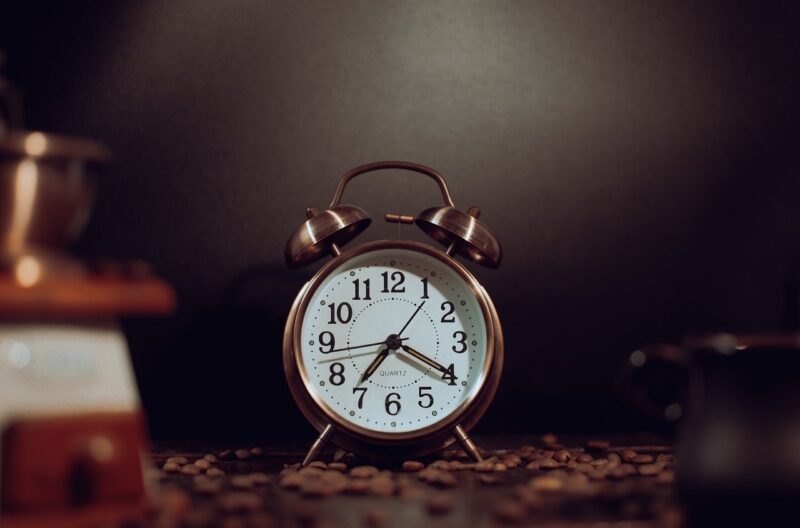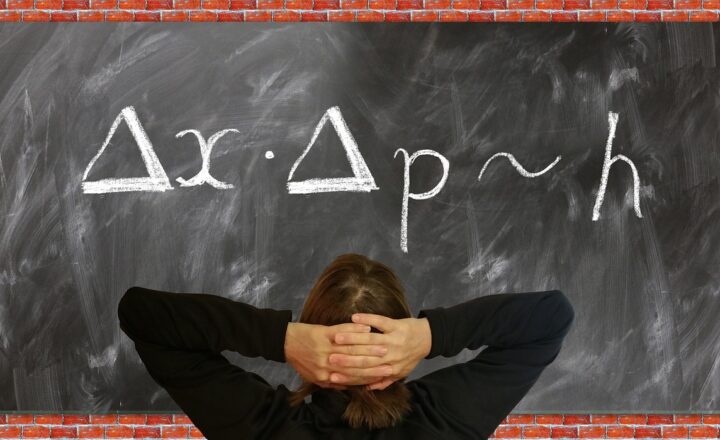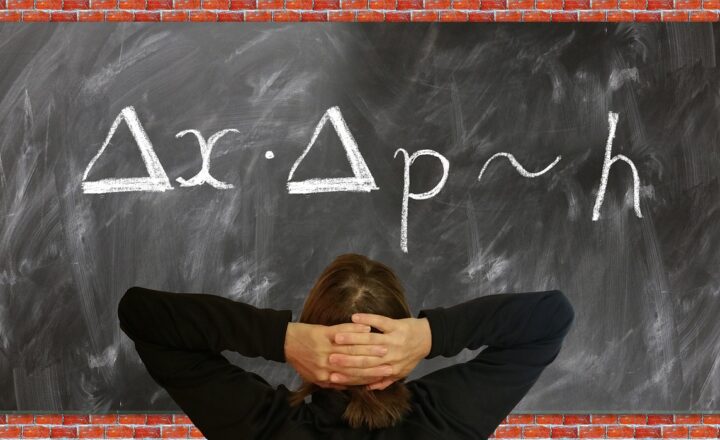Exploring the Mystery of Time Slips and People Who Claim to Have Experienced Them
November 12, 2024

The concept of time has baffled scientists, philosophers, and laypersons alike throughout history. It is a dimension we all comprehend yet find impossible to define precisely. Among the fascinating phenomena related to time is the idea of ‘time slips’—an experience that has been described in both anecdotal reports and popular culture. In this article, we delve into the mystery of time slips, explore real-life accounts of those who claim to have experienced these strange phenomena, and examine the implications of their experiences.
1. What are Time Slips?
Time slips are experiences where individuals report a sudden and unexplainable shift in their perception of time, resulting in feelings of having traveled to a different time or era—often without any conscious awareness of how they got there. These experiences can manifest in various forms:
- A Sudden Change in Environment: People may find themselves in a familiar place that seems altered or has a different ambiance, leading to a sense of being in another time period.
- Uncommon Encounters: During a time slip, individuals might meet people dressed from a historic era or encounter situations that they rationally recognize as being from the past or future.
- Time Dilation: Individuals sometimes feel as though time has elapsed differently—for instance, they might perceive that hours have passed within mere minutes.
The phenomenon transcends simple daydreaming or hallucinations, as it often leaves witnesses feeling profoundly shaken by the experience.
2. Notable Time Slip Accounts
Many people have recounted their experiences with time slips, fueling interest and debate in both ordinary and scientific circles. Here are a few notable accounts:
The Case of the ‘Lost’ Time Travelers:
One of the most well-known accounts of time slips is that of two women from England who claimed to have traveled back in time while on a visit to the Palace of Versailles in France during the 1900s. They recounted walking through the gardens when the scenery around them transformed into an older version of the palace, filled with people in historically accurate clothing. The women found themselves not only seeing the iconic structures but interacting with figures from history as if they were part of their world.
The Stranger in the Park:
Another compelling account comes from a man walking in a Pennsylvania park, who describes how the surroundings shifted into what appeared to be a quaint 19th-century setting. He noted the clothing of passersby changed dramatically, his senses heightened, and moments felt stretched as he wandered through the surreal landscape before suddenly returning to the present.
These narratives illustrate how time slips can not only affect physical surroundings but evoke powerful emotional responses.
3. Scientific Explanations of Time Slips
While many reports of time slips appear to be anecdotal, scientists have proposed several theories that might explain these remarkable phenomena:
- Psychological Factors: Cognitive psychologists suggest that time slips could result from altered states of consciousness induced by stress, fatigue, or various neurological conditions.
- Temporal Lobe Epilepsy: Some neuroscientists speculate that individuals experiencing time slips may have underlying temporal lobe epilepsy, which can produce vivid hallucinations and altered perceptions of time.
- Quantum Theory: From a more speculative point of view, some physicists hypothesize that time itself could be nonlinear, allowing for events where individuals could accidentally shift through different dimensions or timelines.
While these explanations do not conclusively prove the existence of time slips, they highlight the interplay between psychological and possible quantum concepts influencing our perception of time.
4. Popular Culture and Time Slips
Time slips have captured the imagination of filmmakers, writers, and artists. Numerous movies, television shows, and books explore this theme, often dramatizing the experience of suddenly being transported to a different time. Some notable examples include:
- The Time Traveler’s Wife: A novel and subsequent film that portrays a love story interspersed with the phenomenon of involuntary time travel.
- Doctor Who: This long-running British series features the Doctor, who frequently travels through time and space, resulting in various scenarios that involve time slips.
- Outlander: A series that explores time travel through a historical lens, showcasing the implications of experiencing life in different time periods.
These narratives reflect a cultural fascination with time’s fluidity and the human desire to explore periods beyond our present.
5. Skepticism and Criticism
Despite the allure of time slips, not everyone is convinced about their authenticity. Critics argue that many accounts can be attributed to psychological factors such as:
- False Memories: The brain constructs memories based on personal experiences, leading individuals to misinterpret benign experiences as time slips.
- Suggestibility: A person’s desire to believe in miraculous experiences can skew their perceptions and judgments about ordinary events.
- Living in a Complex World: Hyper-realistic experiences aligned with popular media can lead people to assume abnormal experiences are legitimate, diluting personal accountability for such experiences.
While skepticism remains, the human mind’s capabilities and limitations evoke curiosity about how we perceive time.
6. Conclusion: The Enigma of Time Slips
The concept of time slips evokes a profound sense of wonder and exploration of human consciousness. Whether seen as psychological phenomena or genuine shifts within the time-space continuum, they provoke critical thought about the nature of our reality. Each documented experience adds to the intrigue, while science continues its quest for answers.
As long as humanity seeks to understand time—one aspect of existence we deem constant yet refuse to tame—time slips spark our imaginations and remind us of the mysteries that linger within and beyond our temporal experiences.
Whether one dismisses time slips as mere folklore or embraces them with open curiosity, they embody the universal human quest for meaning and connection across time itself.








